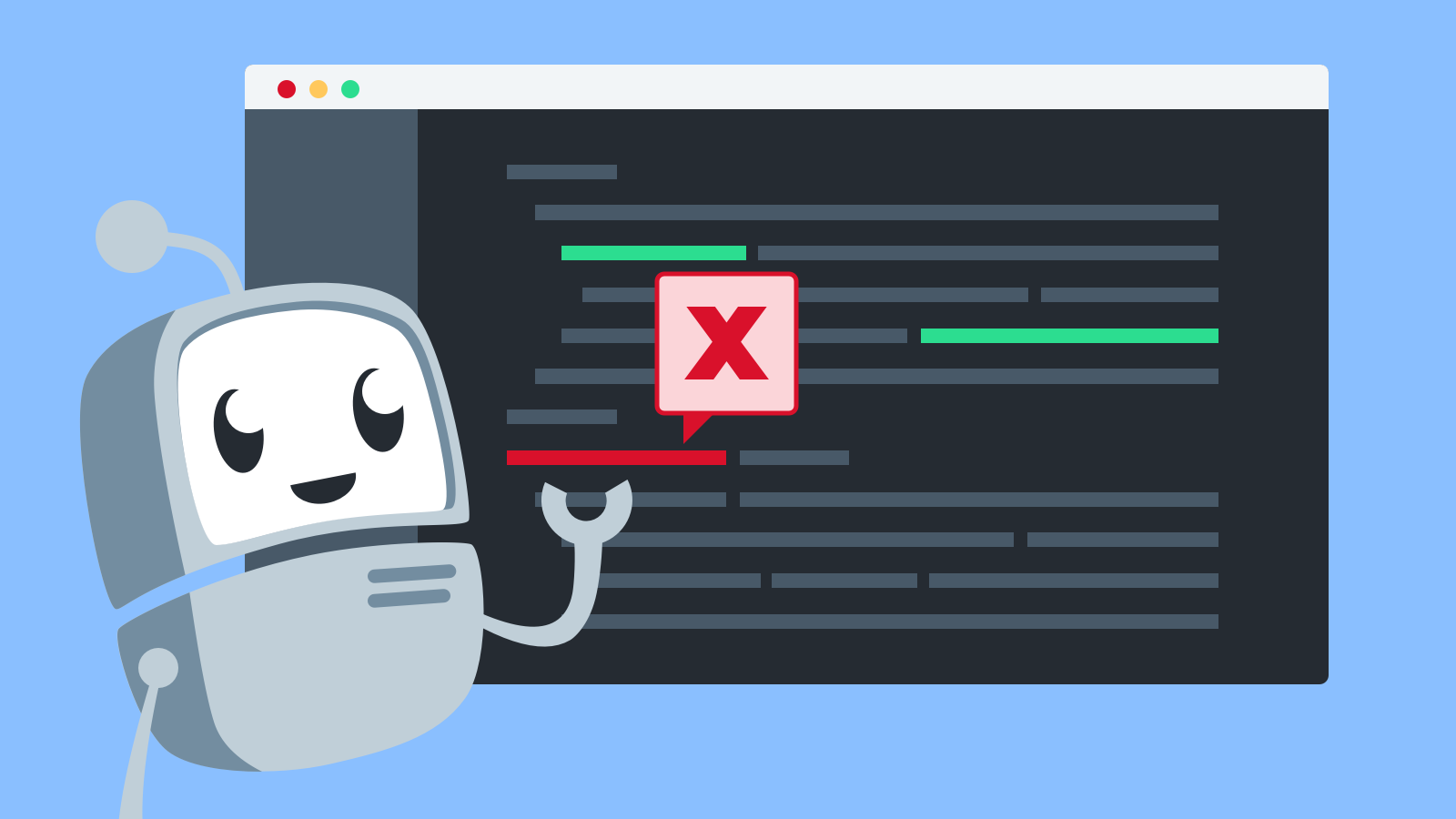Harnessing the Power of Stored Procedures in MySQL: A Comprehensive Guide
Introduction
Stored procedures are powerful database objects that allow you to encapsulate and execute sets of SQL statements within the MySQL database. They provide a convenient way to modularize and reuse code, improve performance, and enhance security. In this technical blog, we will delve into the world of stored procedures in MySQL, exploring their benefits, syntax, and how to effectively use them in your database applications.
Table of Contents:
- What are Stored Procedures?
- Advantages of Using Stored Procedures
- Creating Stored Procedures
- a. Syntax and Structure
- b. Parameters and Variables
- Executing Stored Procedures
- Modifying and Dropping Stored Procedures
- Working with Result Sets
- Error Handling in Stored Procedures
- Best Practices for Using Stored Procedures
- Conclusion
What are Stored Procedures?
Stored procedures are precompiled sets of SQL statements that are stored in the database and can be executed repeatedly by calling their name. They enable you to group SQL statements together, perform complex database operations, and provide an interface to interact with the database using parameters.
Advantages of Using Stored Procedures:
- Code Reusability: Stored procedures can be reused in multiple places within an application, reducing code duplication and improving maintainability.
- Performance Optimization: By precompiling the SQL statements, stored procedures can improve execution speed and reduce network overhead.
- Enhanced Security: Stored procedures allow you to grant execute permissions on the procedure while keeping underlying tables secure, providing an additional layer of security.
- Simplified Maintenance: Changes to the underlying SQL logic can be made in the stored procedure itself, eliminating the need to modify application code.
Creating Stored Procedures:
- Syntax and Structure: The basic syntax for creating a stored procedure is as follows:
CREATE PROCEDURE procedure_name ([parameters])
BEGIN
-- SQL statements
END;
- Parameters and Variables: Stored procedures can accept input parameters to customize their behavior. You can declare and use variables within the procedure to store intermediate results or perform calculations.
Executing Stored Procedures:
Stored procedures can be executed using the CALL statement or by simply invoking their name followed by the required arguments.
Modifying and Dropping Stored Procedures:
Once created, stored procedures can be modified using the ALTER PROCEDURE statement. They can be dropped (deleted) using the DROP PROCEDURE statement.
Working with Result Sets:
Stored procedures can return result sets by using SELECT statements within the procedure. These result sets can be retrieved and processed by the calling application.
Error Handling in Stored Procedures:
Stored procedures can handle errors by using condition handlers to catch and respond to specific error conditions. This allows for graceful error handling and recovery within the procedure.
Best Practices for Using Stored Procedures:
- Use descriptive and meaningful names for stored procedures.
- Keep stored procedures concise and focused on specific tasks.
- Use parameterized queries to prevent SQL injection attacks.
- Regularly review and optimize the performance of stored procedures.
Conclusion
Stored procedures offer a powerful mechanism for encapsulating and executing SQL logic within the MySQL database. By leveraging stored procedures, you can improve code reusability, optimize performance, enhance security, and simplify maintenance in your database applications.
Understanding the syntax, parameters, execution, and error handling of stored procedures is crucial for harnessing their full potential. With careful planning and adherence to best practices, you can take full advantage of stored procedures to streamline your database operations and build robust and efficient applications.


















